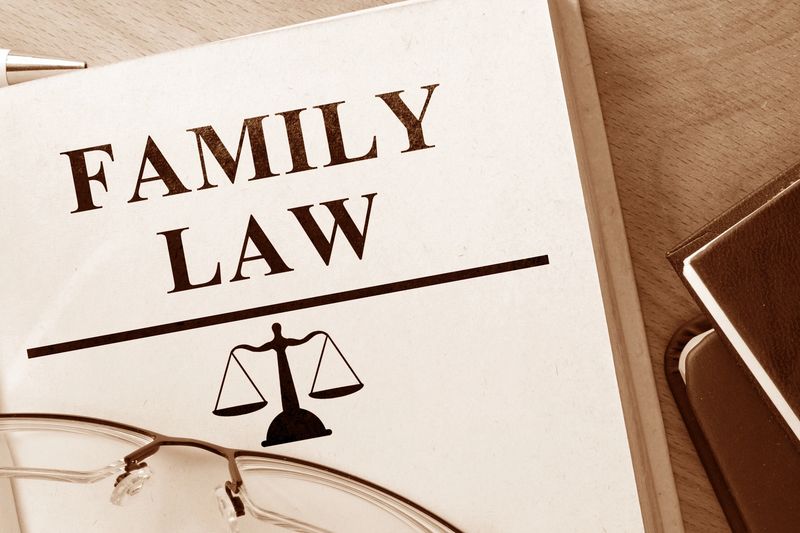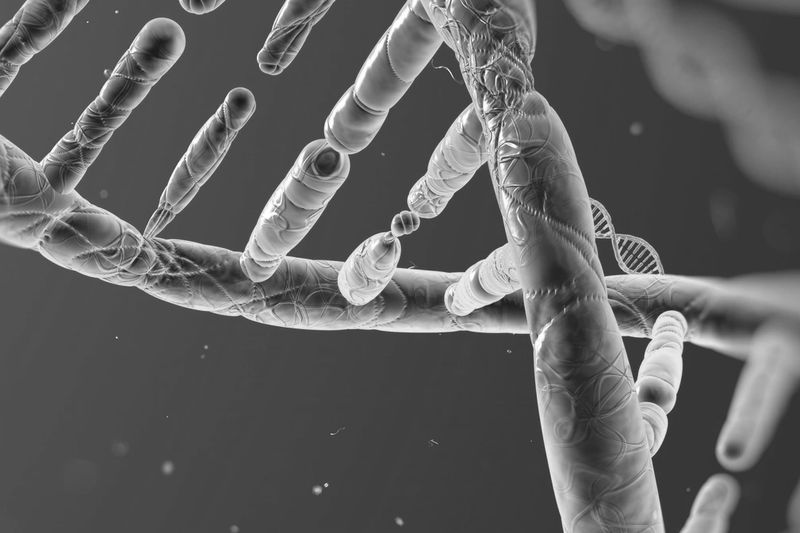Paternal Rights: Alabama Family Law Basics

Parental Rights In Divorce Cases
When it comes to a divorce, both parents have equal rights of custody. They can perform their parental duties, support and maintain the child, and care for the child equally. But, the court has another task to fulfill. The state of Alabama has to deal with issues of custody and visitation precisely to present the decision considering what is best for a child.
Taking all the factors into the account, Alabama law developed a concept called ‘joint custody,’ which is to fulfill parental rights and responsibilities until the other decision is made.
Joint Custody And Child Support
Custody can be of two types – legal and physical. Legal custody deals with the right to be involved in and make decisions regarding the child’s welfare in different aspects of the life of a kid. Physical custody determines the place where the child will live and spend most of his/her time. Separating these two types of custody is important. One parent may be chosen as a primary physical custodian, but it doesn’t mean this parent cannot be the legal custodian of a child.
Joint Legal Custody. Joint legal custody is the type of custody that prescribes both parents fulfill their parental rights equally and have a right to make decisions about the welfare of their child. Joint legal custody allows parents to be involved in every aspect of their kid’s life. Divorce also results in what is called a “tiebreaker provision.” This provision grants one of the parents with a decision-making authority when two parents can’t reach the agreement and resolve an issue regarding their child’s life.
The court chooses the parent whose last word will prevail in the decision-making process. This is usually the parent who can make decisions considering the best interests of a child.
Joint Physical Custody. This type of custody allows both parents to share physical custody of the child equally. Joint physical custody makes it possible for the kid to spend an equal amount of time with both parents. This means spending 2 hours a day with a mother; a child will then spend 2 hours with a father. But, Alabama statute claims that joint custody can’t be equal physical custody. It is impossible in life to calculate the exact amount of time spent with the child. As a result, one of the parents may enjoy more time with a kid that the other.
This case is typical for joint physical custody. Due to work schedules, the majority of parents can’t find enough time to spend with the child. In this case, parents agree on comfortable hours for both of them. They choose when it’d be convenient for them to visit the kid to spend quality time and exercise their parental rights.
Joint custody and child support are connected with arrangements with joint physical custody. It was already mentioned that the custodial parent supports the child financially. In practice, the non-custodial parent is the one who bears the financial burden. To maintain a suitable environment for the growth and development of the child, the responsibilities should be divided for both parents. Thus, one parent often raises and maintains the child emotionally.
The other parent then supports the child financially. But there are cases when both parents support and maintain a child emotionally and financially. The kid then spends an equal amount of time with both father and mother, and both parents have equal physical custody of the child. In this case, true physical custody is realized. Such a situation implies that the child lives with father and mother an equal amount of time meaning that each parent covers adequate financial maintenance of the child. Courts in Alabama agree on such a scenario only if both parents consider the best interests of a child.
Alternatives To Joint Custody
Joint legal custody is the common consequence of the divorce settlements but, it isn’t the only possibility. The tie-breaking provision makes parental rights and responsibilities clear for both parents. Under some circumstances, the court can grant primary legal custody of a child to only one parent. This parent will then have decision-making authority.
The alternative for joint custody is sole physical custody of the child. The parent with sole physical custody is called a primary physical custodian. The other parent is designated as non-custodial. Noncustodial parent obtains a visitation schedule, which outlines how much time during a week the parent will have a kid in their custody. The schedule specifies where the kid will spend weekends, holidays, vacations, and other events.
The court is to ensure the noncustodial parent performs regular visitation according to the schedule. But this schedule can be altered. Taking into account working hours, the residence of the parent, and other conditions, the court will alter the schedule to be convenient to both parents and the child.
Although the schedule sets the time and dates for visitation, it doesn’t mean the noncustodial parent must follow these terms unconditionally. The parent will receive a weekly or monthly schedule to plan visitation. But in case a parent couldn’t devote time to see the child, the visit can always be postponed to a further date.
When a married couple is in the middle of a divorce, it’s difficult to handle not only for parents but also for children. Custody arrangement requires profound consideration. Both parents should cooperate to elaborate on a custody decision that would be best for the child.
ESTABLISHING PATERNITY IN ALABAMA
The first step toward being the father of a child, in a legal sense, is to establish paternity. When paternity is established, the child is granted the right to child support, social security, and the medical history of their father.
Paternity can be established in a few different ways. First, the father can sign a voluntary acknowledgment of paternity. This form is signed at the hospital following the child’s birth and submitted to the State. Upon signing the form, the father accepts legal responsibility for the child and is legally the child’s father without regard to biological paternity.
However, a person who is listed as the father on the child’s birth certificate can dispute paternity in Alabama. To dispute paternity, one can request a DNA test. If the test proves the person isn’t a biological father to a child, the paternity won’t be established and the man will be absolved of the responsibility to the child.
Birth parents of a child are allowed to seek custody and regular visitation without regard to marital status at the time of birth. The family court system in Alabama follows the principle of best interests of a child when dealing with issues of paternity. This principle includes various factors.
- The needs of a child
- Relationship between child and mother/father
- Living conditions at residences of each parent
- Desire and ability of both parents to care for the child
- Desire and ability of both parents to support the child financially
- A current or past domestic violence or abuse cases
The court weighs the factors affecting the well-being of a child in making their determination. The vast majority of child custody cases result in joint legal custody. Joint legal custody has the effect of both parents having the same level of dominion and control over the child but the child has a primary residence with the “custodial” parent and visitation with the “non-custodial” parent. Thus, the child lives with and spends the majority of their time with the custodial parent. Meanwhile, the noncustodial parent performs regular visitation and pays child support. The amount of child support is decided by the court in accordance with the law.
The custodial parent can be either father or mother. And, the custodial parent, without regard to the sex of the parent, has a right to obtain regular financial help aimed at upbringing and care for the child, this is commonly referred to as child support. Child support covers clothing, food, medical care, and other expenses.

THE BENEFITS OF ESTABLISHING PATERNITY

Undoubtedly, the father is an important person in a child’s life. If the mother doesn’t tolerate the father of a child, she can’t stop visitation if it had been allowed by the court.
Paternity establishment allows both mother and father to make significant decisions concerning the education of the kid, health care, and other issues. Both parents have equal rights when it comes to the decision-making process.
After paternity is established, the mother gains some benefits. If the mother were raising a child alone, the court order would rule that father support both child and mother financially. This order also applies to medical coverage. So, when a child needs medical services, he/she will be entitled to the father’s health coverage.
How kids benefit from the paternity establishment? It’s not difficult to guess how much paternity establishment influences the child. One parent can’t always provide the feel of security and safety. When a kid relies on both parents for support and maintenance, it is easier for him/her to stay confident in everyday life. Paternity also gives the child a right to inherit the father’s estate.